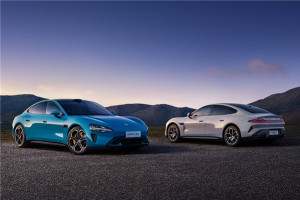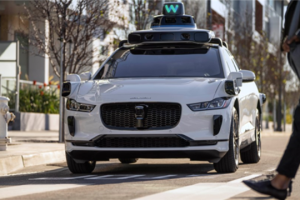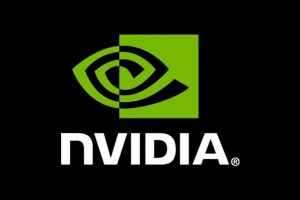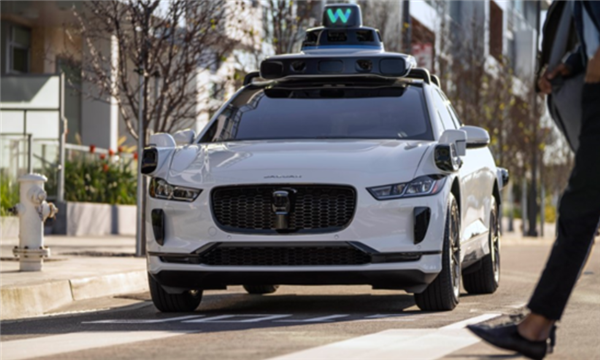November 14, 2025 – According to a report by Bloomberg’s Mark Gurman, citing sources familiar with the matter, Tesla is in the process of integrating Apple’s CarPlay into its vehicle lineup and has already initiated internal testing. CarPlay, which has gained widespread adoption among numerous automakers, offers an optimized iPhone interface on in-car infotainment systems and is considered a must-have feature by many drivers.
If Tesla does proceed with CarPlay integration, it would mark a significant shift in Elon Musk’s stance. For years, Musk has resisted incorporating this popular feature, criticizing Apple’s App Store policies and expressing strong dissatisfaction with Apple poaching Tesla engineers for its own electric vehicle development efforts.
Sources indicate that Tesla is considering rolling out CarPlay in the coming months, though the plan is not yet finalized and the launch date could be pushed back. Tesla has a history of investing heavily in R&D for new features only to delay or cancel them later.
Tesla has long relied on its proprietary in-car infotainment system, which includes messaging and web browsing capabilities. Due to concerns about Apple becoming a competitor in the automotive space, Tesla has been reluctant to allow Apple deeper access to its user base.
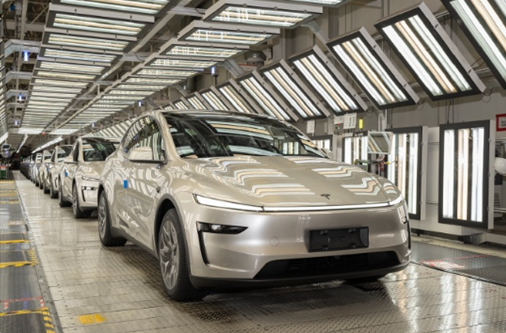
However, the situation has evolved. Apple discontinued its Titan electric vehicle project in 2024, exiting the automotive sector. At the same time, Musk has come to rely on Apple as a key distribution channel for X and Grok AI. Additionally, Tesla’s sales have been sluggish, with the lack of CarPlay cited as a reason for some consumers to abandon plans to purchase a Tesla.
A 2024 McKinsey study revealed that approximately 30% of buyers would walk away from a vehicle if it lacked features like CarPlay or Android Auto. Since its debut in 2014, CarPlay has integrated Apple’s Messages, Music, Maps, and Siri, while also supporting third-party apps such as Google Maps and Spotify.
Sources say Tesla plans to run CarPlay within a window on its own interface, rather than allowing the Apple interface to take over the entire system as it does in some other vehicles. CarPlay will also not have access to Tesla-specific features like Full Self-Driving (FSD), meaning drivers will still need to rely on Tesla’s navigation app for FSD functionality.
Tesla is set to adopt the standard version of CarPlay, rather than the more advanced CarPlay Ultra used in some Aston Martin models. CarPlay Ultra offers control over the instrument cluster, seats, and climate settings. Apple has redesigned the standard CarPlay in iOS 26, adding weather and calendar widgets.
iPhone users can activate CarPlay via USB or wirelessly, and Tesla plans to support wireless connectivity, eliminating the need for cables. While Google offers the competing Android Auto, Tesla has not developed support for it.
Bringing CarPlay to Tesla, the leader in the U.S. electric vehicle market, would be a major win for Apple, helping to further solidify its ecosystem. Some automakers, like General Motors, have recently announced plans to remove CarPlay from new vehicles in favor of strengthening their own in-car systems.
The adoption of CarPlay Ultra has also faced setbacks. Contrary to earlier promises, Audi and Mercedes have stated they currently have no plans to support the feature.

